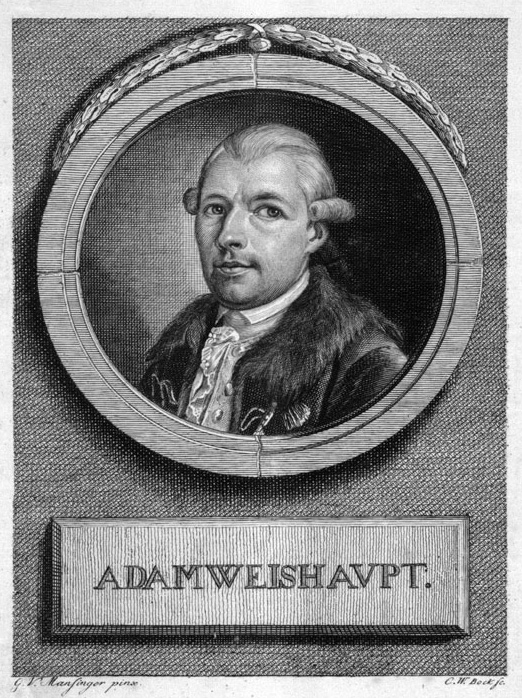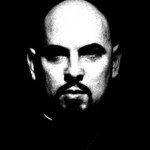According to this tradition, a Jutland merchant, who had lived some time in Egypt, began in the year 1771 to overrun Europe, pretending to initiate
p. 403
adepts in the antient mysteries of Memphis. But from more exact information I have learned that he stopped for some time at Malta, where the only mysteries which he taught were the disorganizing tenets of the antient Illuminees, of the adopted slave; and these he sedulously infused into the minds of the people. These principles began to expand, and the island was already threatened with revolutionary confusion, when the Knights very wisely obliged our modern Illuminee to seek his safety in flight. The famous Count (or rather mountebank) Cagliostro is said to have been a disciple of his, as well as some other adepts famous for their Illuminism in the county of Avignon and at Lyons. In his peregrinations, it is said, he met with Weishaupt, and initiated him in his mysteries. If impiety and secrecy could entitle a person to such an initiation, never had any man better claims than Weishaupt. More artful and wicked than Cagliostro, he knew how to direct them among his disciples to very different ends.
Whatever may have been the fact with respect to this first master, it is very certain that Weishaupt needed none. In an age when every kind of error had taken root, he did what is naturally to be expected from men who, guided by their unhappy bias, both in religious and political opinions, always select the most abominable. He must have had some notion of the ancient Illuminées, for he adopted their name, and the disorganizing principles of their horrid system. These notions were then strengthened, without doubt, by his favorite application to the disorganizing mysteries of Manichæism, since we may observe him recommending the study of them to his disciples as a preparatory step for, and as having a close connection with, those for which he was preparing them. 3 But perfect Atheist as he was, and scorning every idea of a God, he soon despised the twofold God of Antient Illuminism, and adopted the doctrines of Manes only in as much as they threatened every government, and led to universal anarchy. He was acquainted with the systems of the modern Sophisters; but, notwithstanding all their democracy, he did not think they had given sufficient latitude to their systems of Liberty and Equality. He only adopted their hatred for God, or pure Atheism. One class led to the destruction of all civil and political laws, the other to the overthrow of all religion; he combined them both, and formed a monstrous digest, whose object was the most absolute, the most ardent, the most frantic vow to overthrow, without exception, every religion, every government, and all property whatsoever. He pleased himself with the idea of a distant possibility that he might infuse the same wish throughout the world; he even assured himself of success.
With the talents of a vulgar Sophister such a hope would have been the summit of folly; but with a genius like that of Weishaupt, formed for great crimes, it was the confidence of unlimited wickedness. The Bavarian Sophister knew his powers; he believed no crime impossible; he only sought to combine them all to reduce his systems to practice. The mediocrity of his fortune had obliged him to consecrate the latter years of his education to the study of the laws. Whether by dissimulation he concealed the plans fostered in his breast,
p. 404
or whether he had not as yet digested them all, he however found means of getting himself named to the chair of Laws in the University of Ingolstadt, before he had attained his twenty-eighth year. On the 10th of March, 1778, he writes to Zwack that he was not yet thirty years of age; and in the same letter he informs him, under secrecy, of his future projects on Illuminism, which he had founded two years before.
He must have known himself possessed of profound dissimulation; he must have been master of strange resources, to ground his plans for the subversion of all laws throughout all empires, on the very function of public interpreter of the law. It was nevertheless at the college of Ingolstadt that Weishaupt, affecting the greatest zeal for his duty, conceived himself to be admirably situated for forming and conducting by invisible means the great revolution which he had planned. He justly estimated the influence which his office of teacher gave him over his scholars, and he had the courage to supply in private the deficiency of those lessons which he was obliged to give to them in public.

Moe is the founder of GnosticWarrior.com. He is a father, husband, author, martial arts black belt, and an expert in Gnosticism, the occult, and esotericism.





